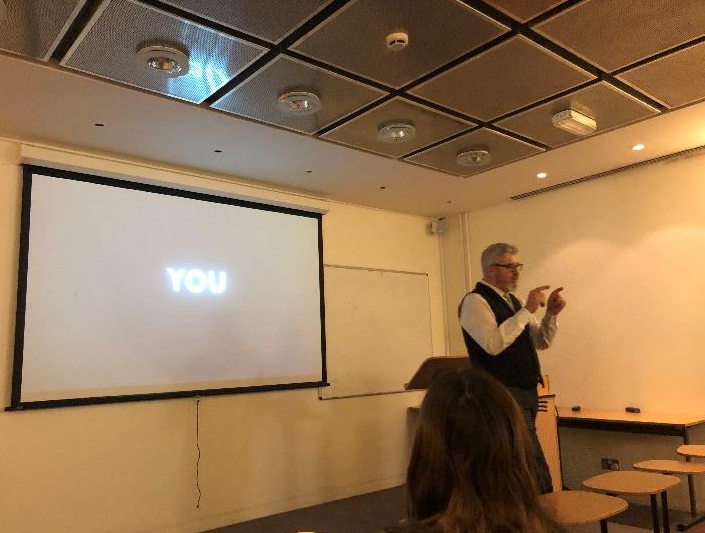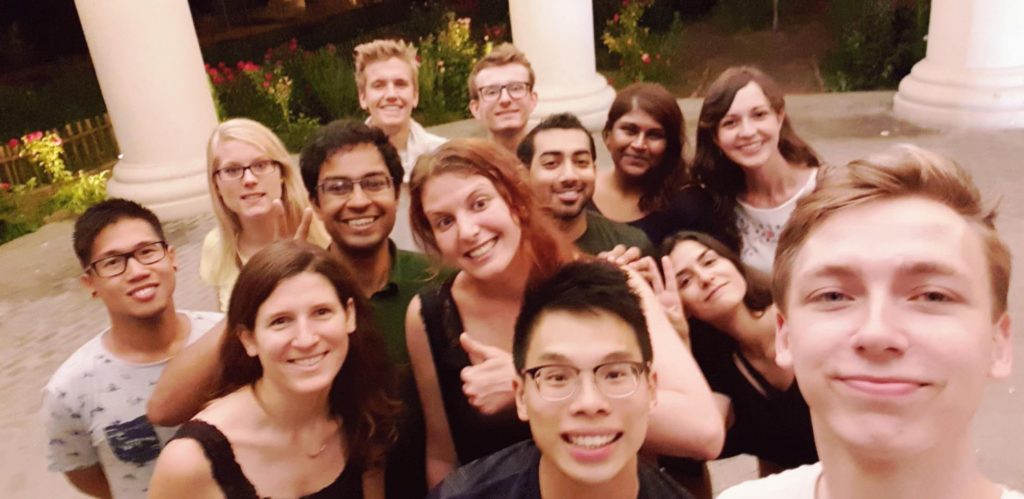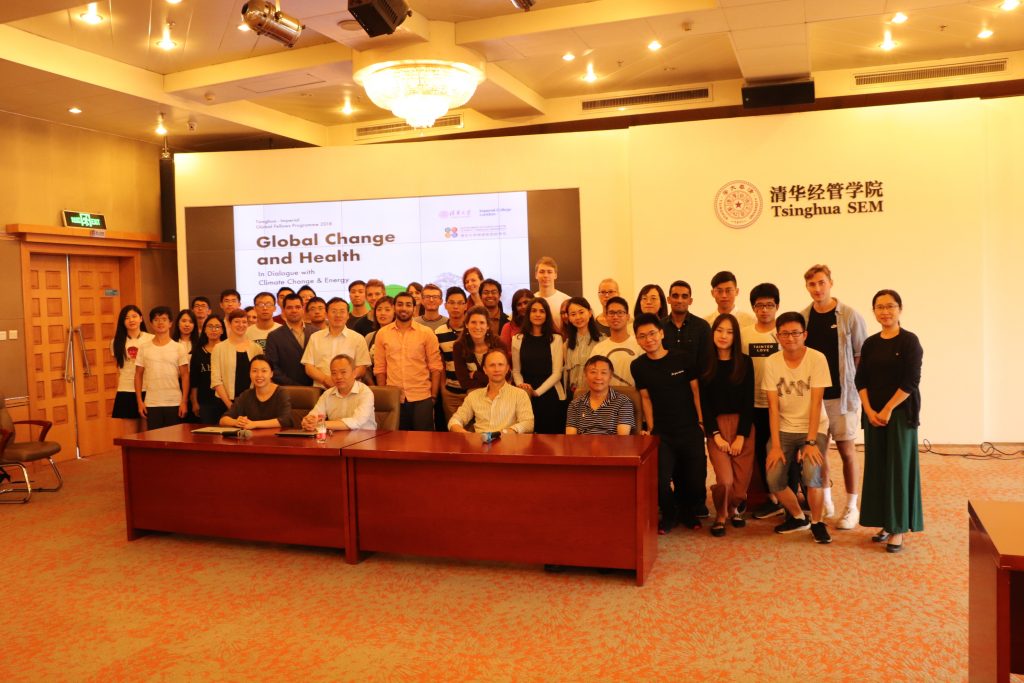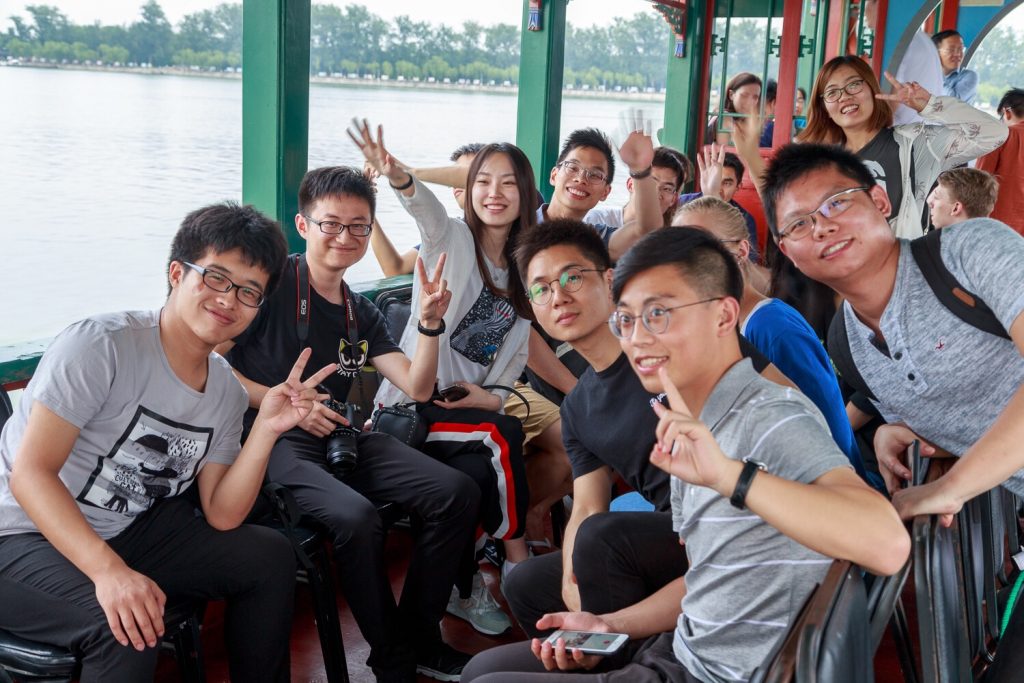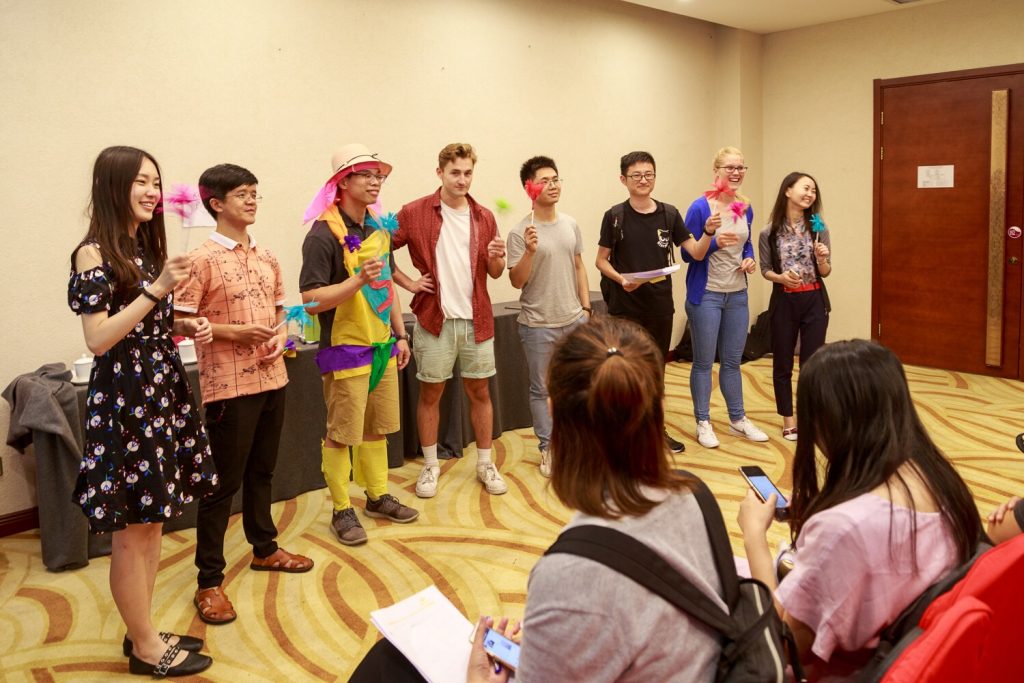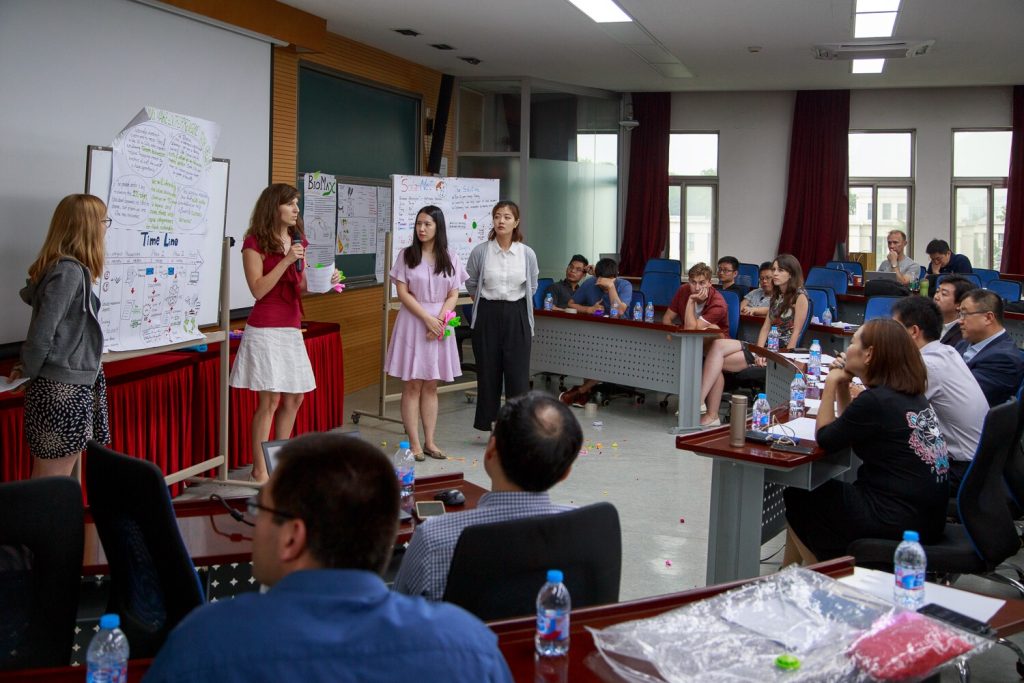My experience at the ‘Careers Talk with a Difference’
My name is Niamh Sayers and I’m a third year PhD student based at Hammersmith Hospital in the Department of Metabolism, Digestion and Reproduction, and also a Student Rep for this cohort. As I am nearing the end of my PhD (as are many of the friends I started with) I realised we may all be looking for things we want to do after our PhD, therefore I decided to organise this ‘Careers Talk with a Difference…’. We attend many scientific talks during our PhDs, from Work in Progress’ to conference seminars, but I realised we do not have access to many talks outside of the realms of science. So, I decided to organise a careers talk with a renowned public speaker to give some insight into other forms of communication besides scientific.
All postgraduate students were invited, across both the Hammersmith and White City campuses. The event was held in the IRDB seminar room. Drinks were provided upon arrival and pizza was ordered for the networking session after the talk had been given. The talk was held on Wednesday 4th March 2020.
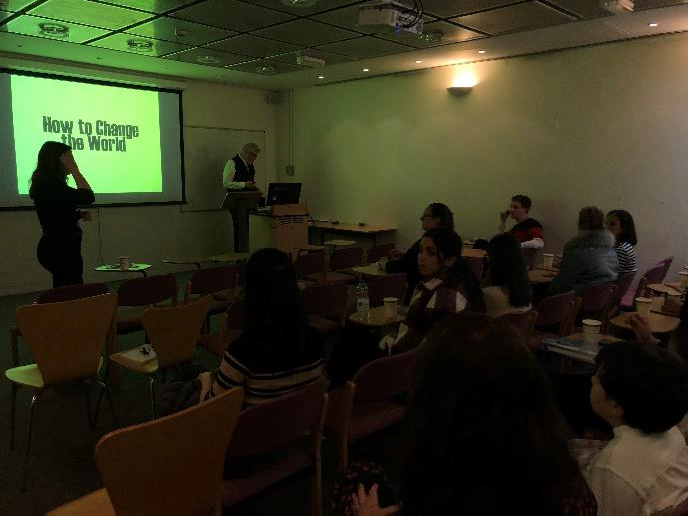
I invited renowned public speaker Matt Black to talk at our University to the postgraduate students to give us an introduction into another way of thinking about the world and potentially help us in the next big steps of our career paths. Matt Black spoke about finding a path that is right for you and your motivations, and finding something that suits you, emphasising most importantly doing something that YOU choose you want to do. He used examples from his own personal career journey and spoke about Greta Thunberg as an inspiration for taking on big challenges.
There were many positive outcomes from the talk, one student even commented they were influenced to apply for a PhD position after Matt Black spoke about the idea that we choose the life we build and the direction we go in. I agree, in that he reminded me of the importance of choosing to do something I am passionate about, rather than following on down a path already trodden/laid out for me, based on what I “think” I should be doing. He also convinced me that anything is possible, if you choose the right mindset.
For me personally, I found Matt Black very engaging and enthusiastic, and I can see with his energy how he has gotten so far in the public speaking domain, which was excellent to witness, as well as learn from some the techniques he used to engage the audience. In addition to seeing his encapsulation of the audience, Matt gave me plenty to ponder over; my goals in life; what makes me happy and what incentivises me, so I left feeling thoughtful about my next steps after completing my PhD.
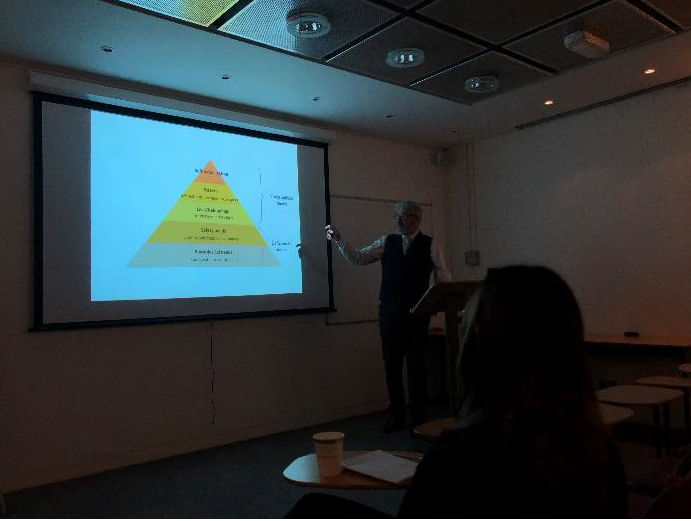
The aim of this event was to bring in a thought-provoking speaker with experience outside of science and to get students thinking about potential career moves after their postgraduate degree. Matt Black engaged with the audience and asked questions throughout, he also stayed behind and was approached to talk to by many groups of students in the networking event after. The feedback from the event was that many students left feeling thoughtful and encouraged, and there were many positive comments about the speaker and the event at large, with a highlight being one student even referencing this talk affirming her idea of wanting to apply for a PhD position next year.
All-in-all I am very happy with how the event turned out. Many postgraduate students attended, from a range of departments across the Hammersmith and White City campuses, and I will be looking for more speakers of a similar nature to invite to Imperial to aid tough decision-making by students about themselves and their future careers with another careers talk with a difference.
Many thanks to the Graduate School for funding this event and making it possible.
